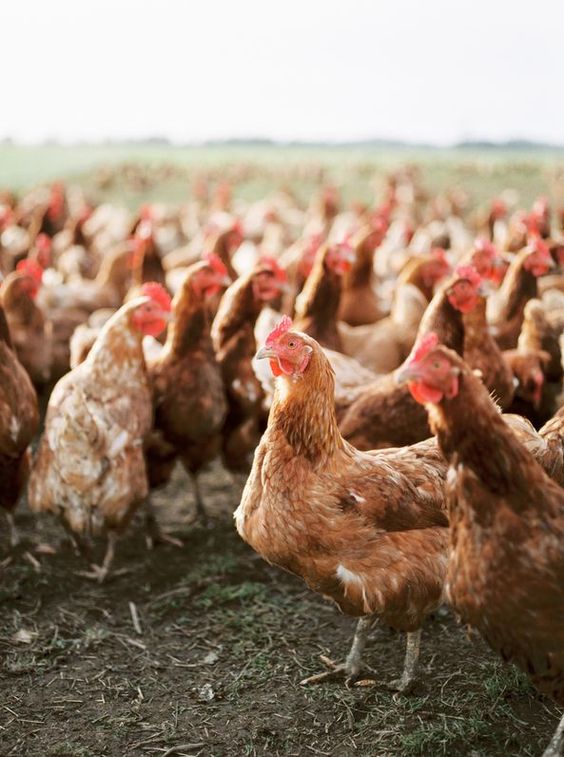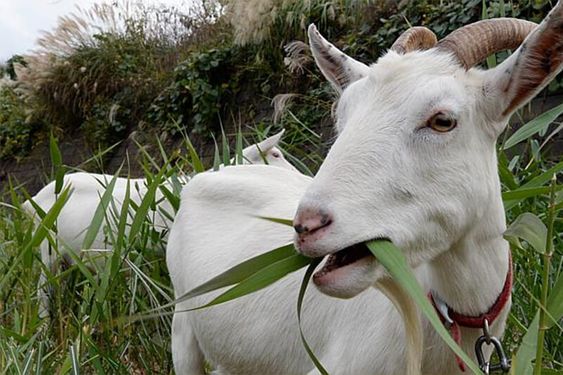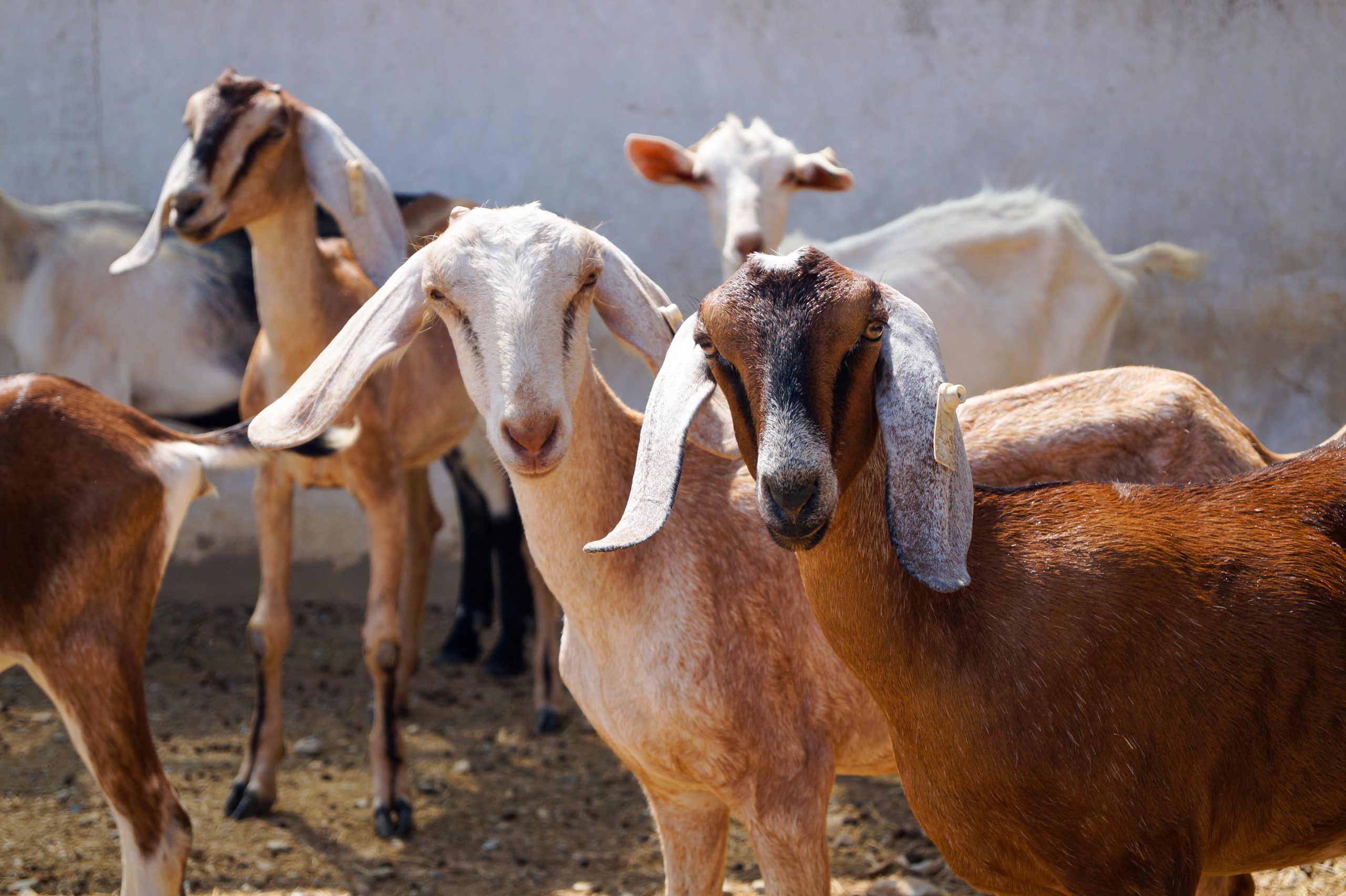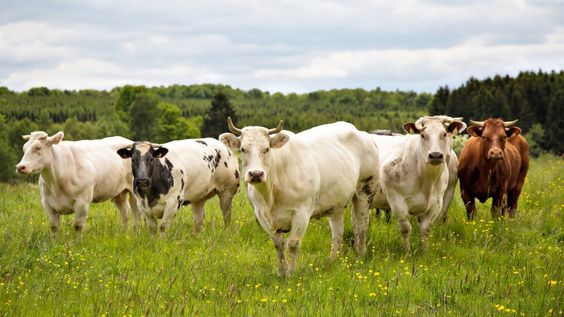Poultry Seeds: A Comprehensive Guide
Poultry Seeds can be misleading. Unlike plant seeds that germinate into new plants, poultry seeds are not actual seeds intended for planting. This term more accurately refers to the various grains, seeds, and other ingredients used to create a nutritious and balanced diet for poultry, including chickens, ducks, turkeys, geese, and other domesticated birds.
Poultry feed plays a critical role in raising healthy and productive birds. A well-formulated poultry seed mix provides the essential nutrients birds need for optimal growth, egg production, and overall health. This guide delves into the world of poultry seeds, exploring their benefits, objectives in poultry diets, and various components that contribute to a complete feeding program.
Benefits of Utilizing Poultry Seeds
There are numerous benefits associated with using well-designed poultry seed mixes:
- Improved Nutrition: Poultry seeds are formulated to provide a balanced blend of essential nutrients like protein, carbohydrates, fats, vitamins, and minerals. This ensures birds receive the right balance of elements for healthy growth, strong immune systems, and optimal egg production in laying hens.
- Enhanced Productivity: By providing essential nutrients, poultry seed mixes contribute to improved growth rates in young birds and increased egg production in laying hens.
- Reduced Feed Costs: Commercial poultry seed mixes are often more cost-effective than purchasing individual ingredients and mixing them yourself. Manufacturers leverage economies of scale to obtain ingredients at lower prices.
- Convenience: Poultry seed mixes eliminate the need for extensive research and sourcing of individual feed components. They offer a readily available, pre-mixed solution that saves time and effort.
- Reduced Risk of Nutritional Deficiencies: A well-formulated poultry seed mix ensures birds receive all the necessary nutrients, preventing deficiencies that can lead to health problems, stunted growth, and decreased egg production.
- Improved Feed Conversion Rate: A well-balanced poultry seed mix can lead to better feed conversion rates. This means birds require less feed to gain weight or produce eggs, maximizing feed efficiency.
- Improved Overall Health: By providing a complete and balanced diet, poultry seed mixes contribute to the overall health and well-being of birds. This translates to fewer health problems and lower mortality rates.
Objectives of Poultry Seed Diets
The primary objective of poultry seed diets is to provide a complete and balanced source of nutrition for different stages of a bird’s life cycle. This includes:
- Supporting Growth and Development: Young birds require specific nutrients for proper skeletal development, muscle growth, and feather formation. Poultry seed mixes are formulated with these needs in mind, promoting healthy growth during the crucial early stages of a bird’s life.
- Optimizing Egg Production: Laying hens have high nutritional demands, requiring significant amounts of protein and calcium for egg production. Specialized poultry seed mixes for laying hens ensure they receive the necessary building blocks for healthy eggshells and efficient egg production.
- Maintaining Overall Health and Well-being: A balanced poultry seed diet helps maintain a healthy immune system, reducing the risk of infections and diseases. It also contributes to a bird’s overall well-being, promoting good feather quality and vitality.
Components of Poultry Seeds
Poultry seed mixes contain a variety of ingredients, each contributing specific nutrients to the overall diet. Here’s a breakdown of some common components:
- Grains: Grains like corn, wheat, barley, and sorghum are the primary source of carbohydrates in poultry seed mixes. Carbohydrates provide energy for various bodily functions.
- Protein Sources: Poultry seeds include protein sources like soybean meal, sunflower seed meal, and fishmeal. Protein is essential for growth, muscle development, and egg production.
- Fats and Oils: Fats and oils provide energy and contribute to healthy skin and feathers. Common sources include vegetable oils, animal fats, and poultry fat.
- Vitamins and Minerals: Poultry seed mixes contain essential vitamins and minerals like calcium, phosphorus, vitamin A, vitamin D3, and B vitamins. These are crucial for overall health, bone development, and efficient metabolism.
- Additives: Some poultry seed mixes may include additives such as probiotics, prebiotics, and coccidiostats. Probiotics and prebiotics promote gut health and digestion, while coccidiostats help prevent coccidiosis, a parasitic disease in poultry.
Types of Poultry Seeds
There are various types of poultry seeds available, catering to different needs and bird types:
- Starter Crumbles: Fine-textured mixes ideal for young chicks, providing readily digestible nutrients for proper growth and development.
- Grower Mash: Coarser-textured feed suitable for growing birds, transitioning them from starter crumbles to laying hen or broiler feed.






